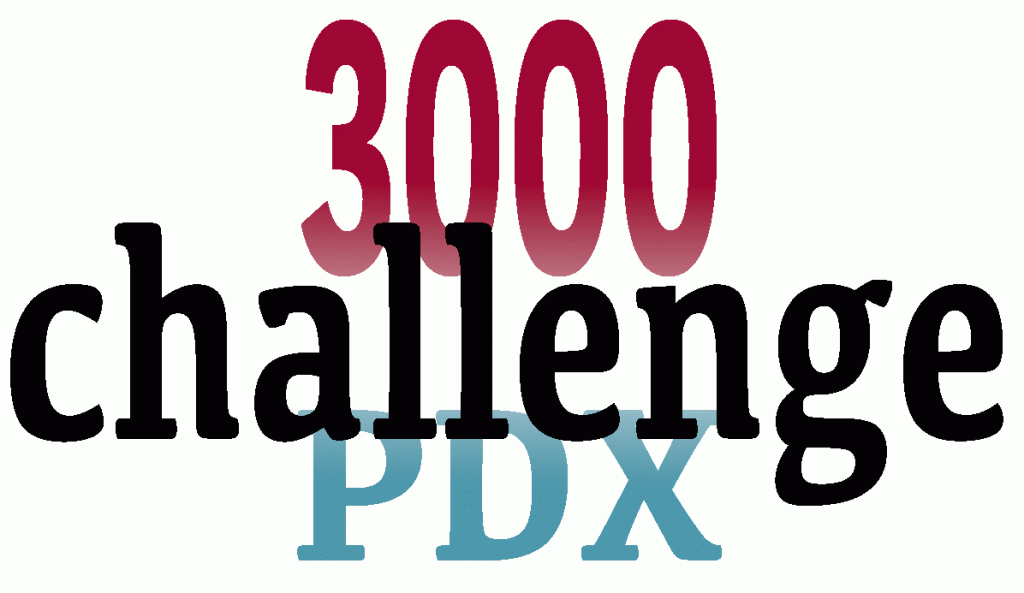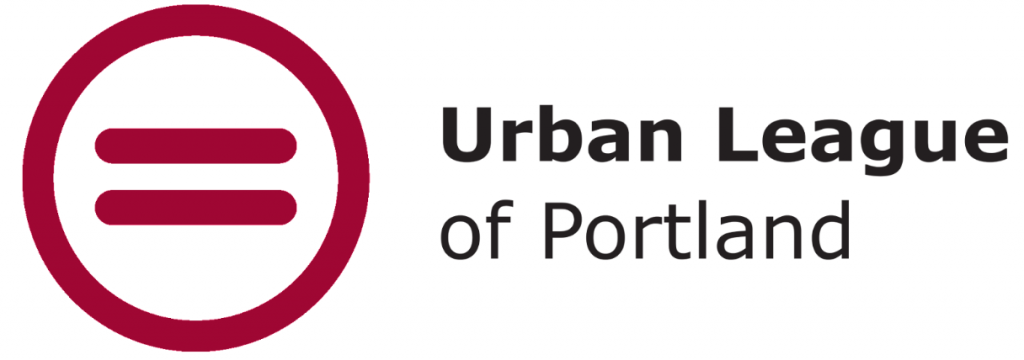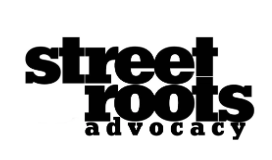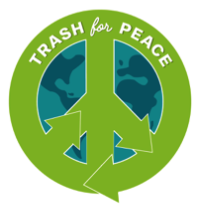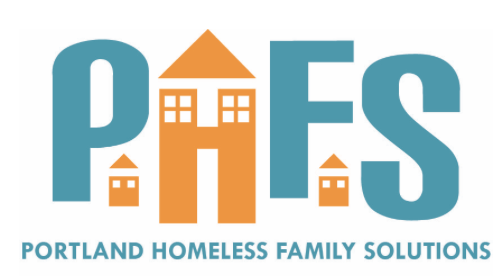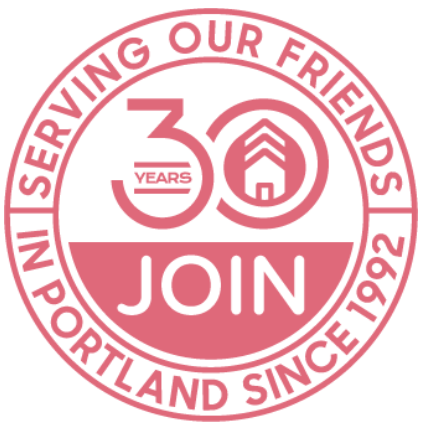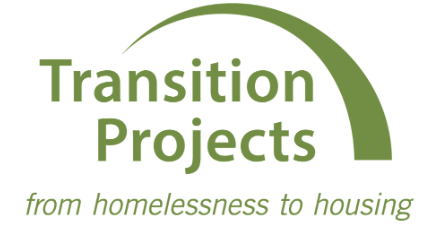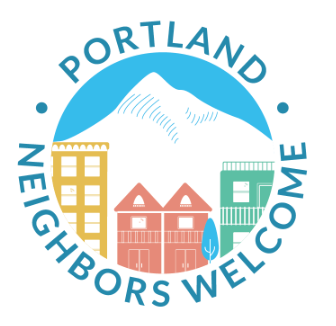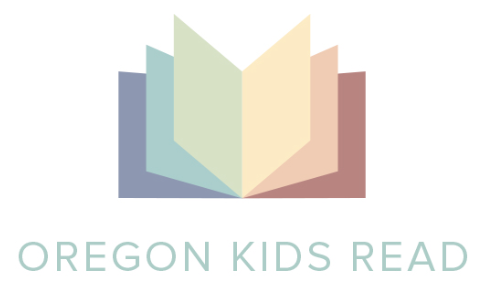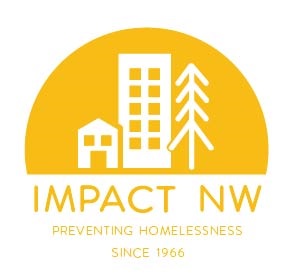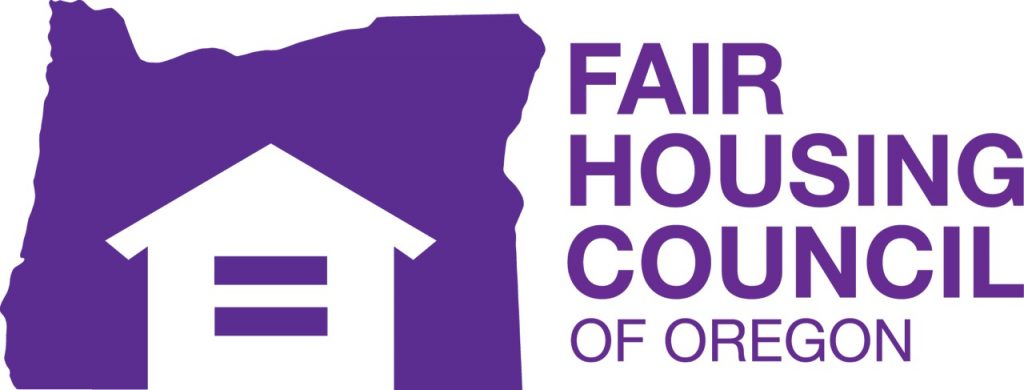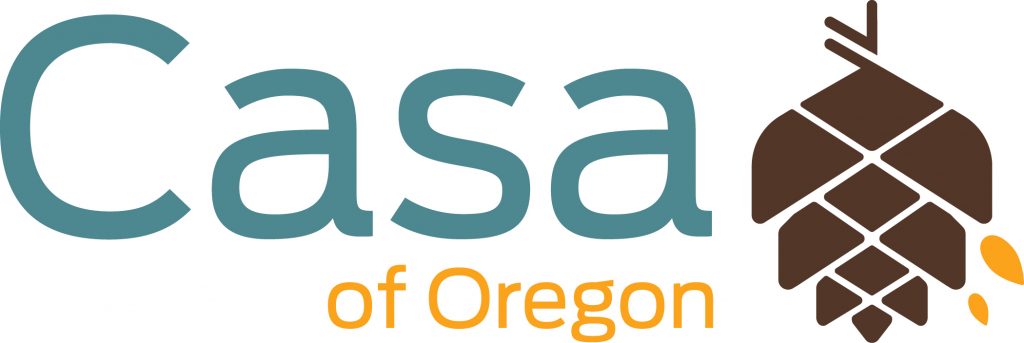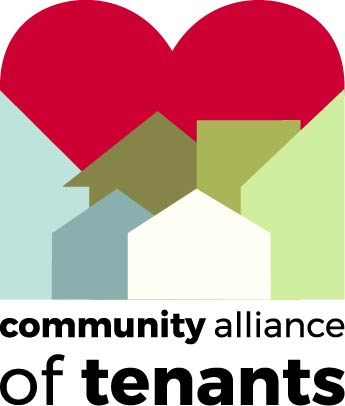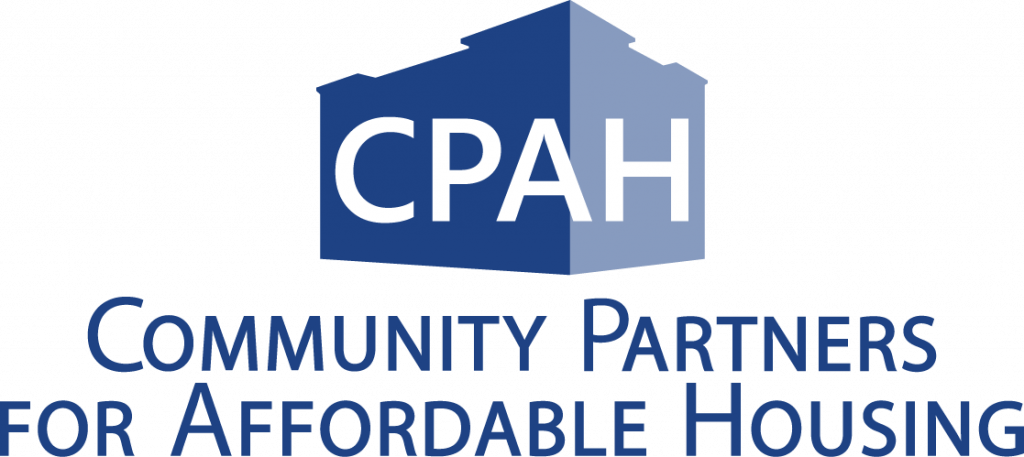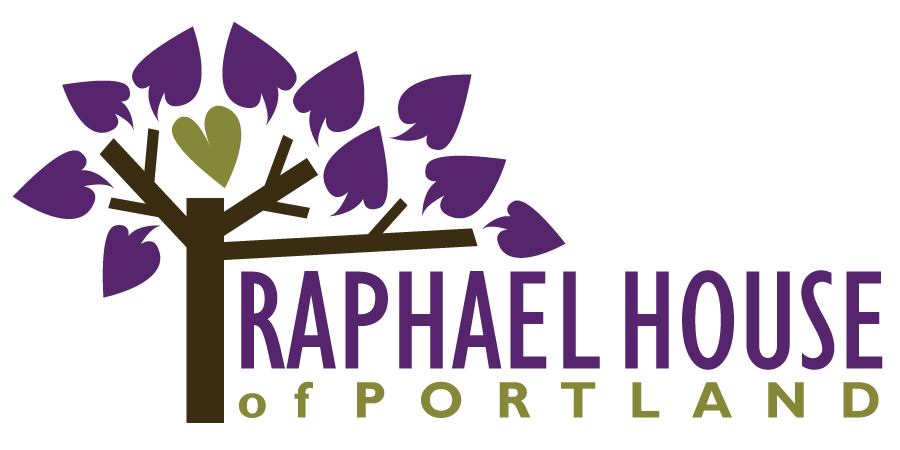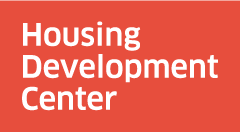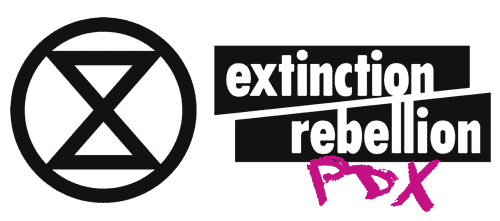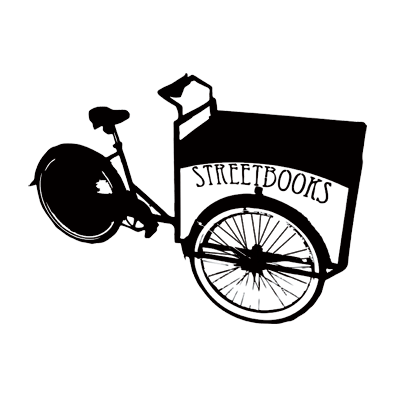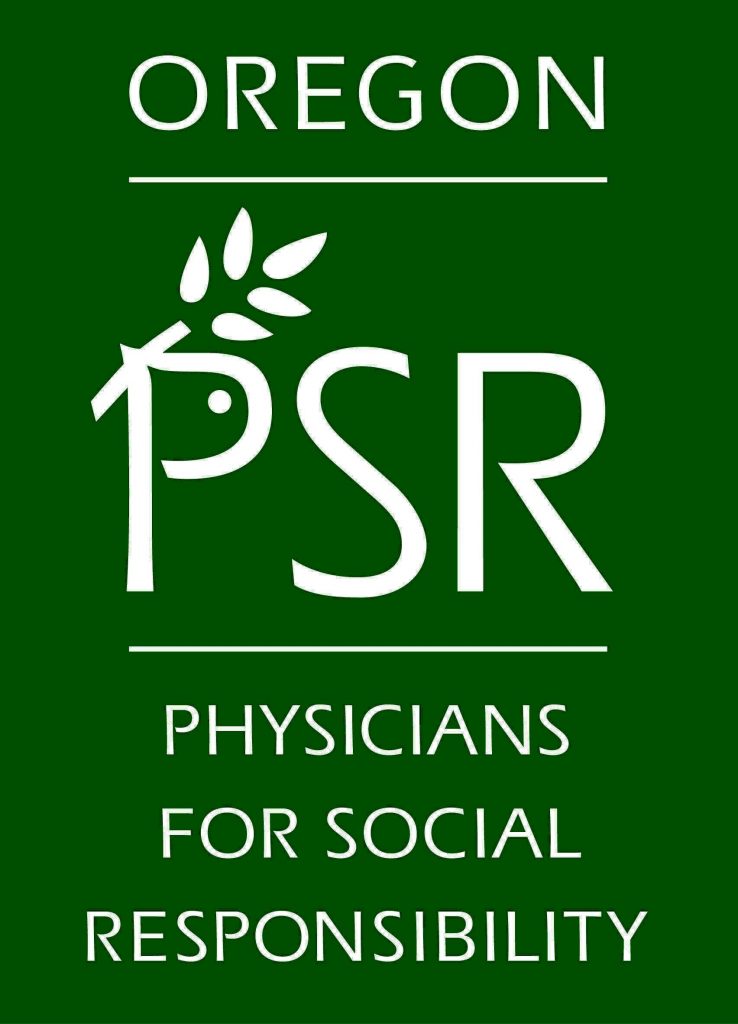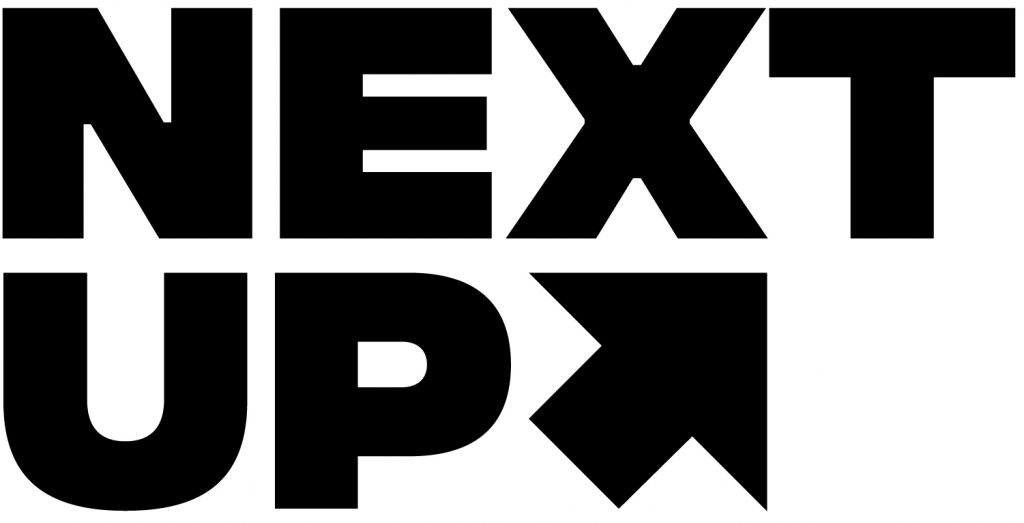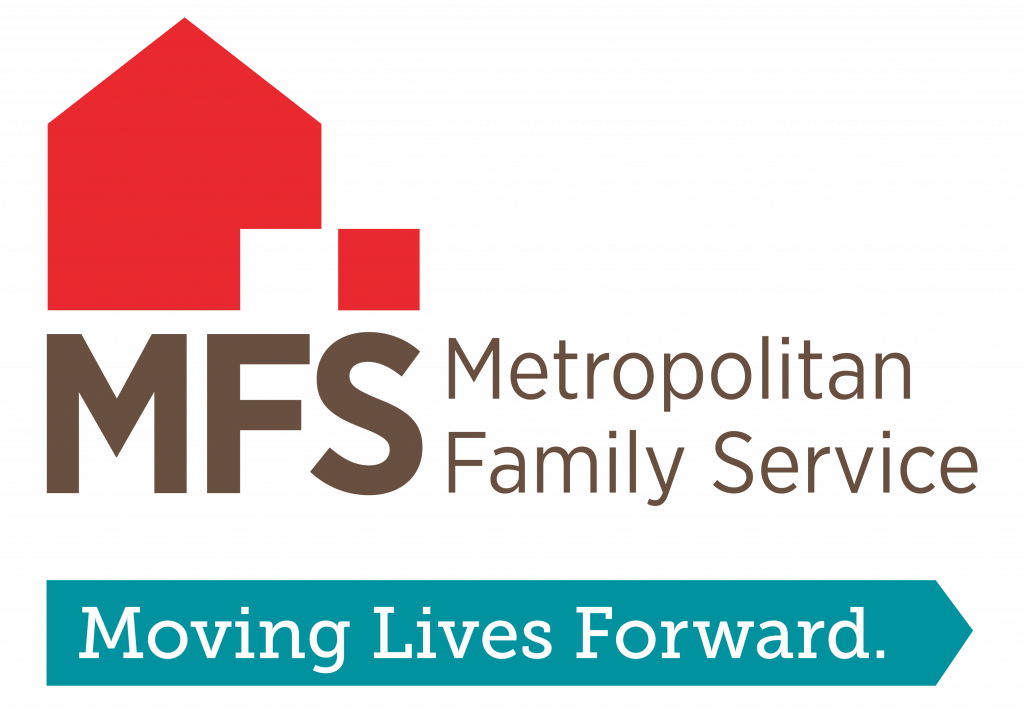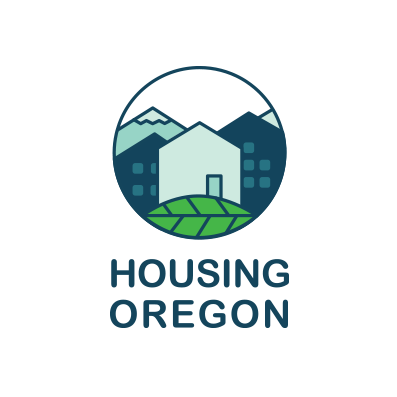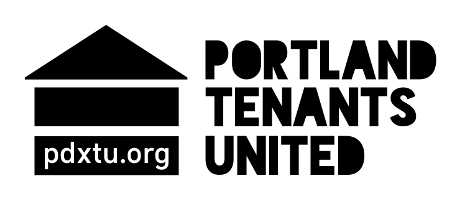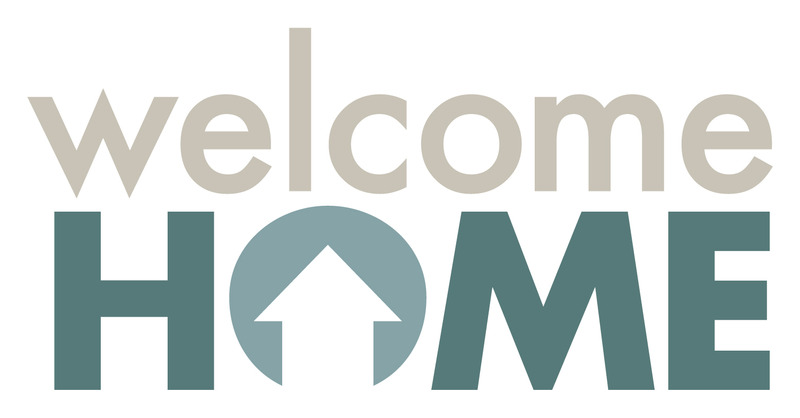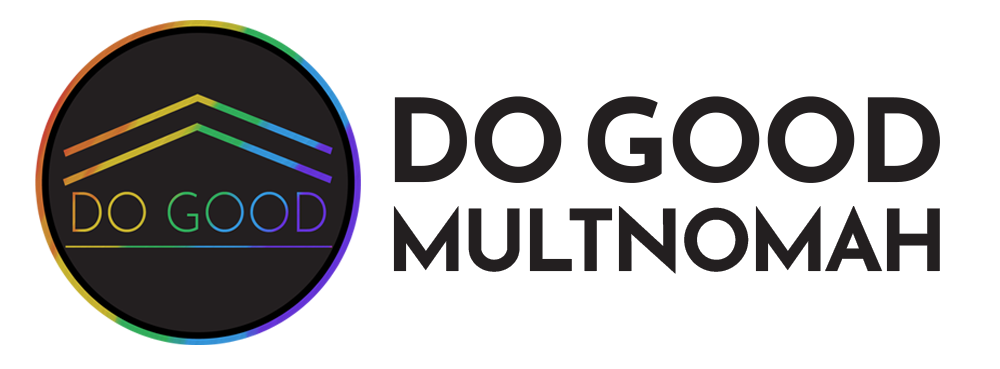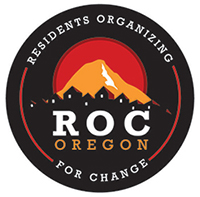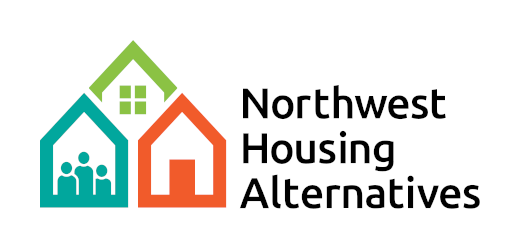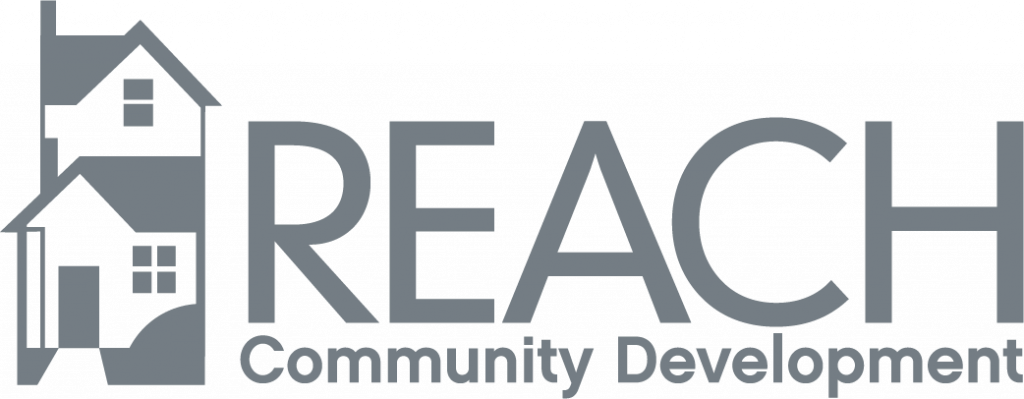We announce the 3,000 Challenge in 2022. We invite our leaders and the community to join us in quickly creating safe, healing spaces for people that meet their diverse needs and honor their dignity and autonomy.
Solutions must include permanent housing, and the access to that housing must promote racial equity and work to eliminate racial disparities in homelessness, even as we work to end homelessness for everyone. Some approaches are longer term than others, but all aim for a locked door that allows a person privacy and autonomy. Strategies must address the root causes of homelessness by providing rapid access to permanent housing and a continuum of services and supports. For many, housing may be enough to end their homelessness, while for others, a continuum of care must be made available to support healing and recovery.
All of these options must be non-coercive: people must be free to choose whether they participate in any of these options, and options must not be connected to bans and sweeps.
We must explore housing solutions available now – many of which cost less and happen faster than mass shelters.
Here are three strategies that we should fast track:
1. Access empty apartments using rent support, landlord coordination and wraparound services.
Property owners can be a part of the solution and commit to making at least one of your vacant units available (link to sign the pledge). City and County, support this effort with vouchers, rent buy downs, and ongoing rental subisidies to incentivize greater participation. Nonprofits can provide wraparound support and retention services. Local government needs to prioritize fully funding and coordinating this effort. Create master leases to secure housing units for nonprofit or governmental entities to match diverse housing opportunities with people who need them. Community members can call on their neighbors to recognize that this support keeps people housed.
2. Purchase properties that are ready to provide housing now.
Support nonprofit and public acquisition and operation of motels/hotels, newly constructed apartments and other buildings that are ready to convert to a “ready-now” model of affordable housing. Deploy best practices from Oregon’s Project Turnkey model and the Terner Center Study to quickly and cost-effectively convert existing buildings into supportive housing. Be bold, leave no housing vacant when people are sleeping outdoors tonight.
3. Ensure that more of our new and existing affordable housing is affordable and accessible to people experiencing homelessness and that screening criteria does not exacerbate racial disparities.
Our pipeline of affordable housing, financed by local bond measures, tax credits and other financing tools, should more deeply prioritize people experiencing homelessness. We can fund rent buy downs and integrate deeper service and financial supports with our affordable housing pipeline so that more of our permanently affordable housing is immediately accessible to and affordable by people currently experiencing long-term homelessness. By creating even more supportive housing and housing that models Housing First principles within the housing we are already financing, we ensure we are building permanent homes tailored to the needs of people who most need them.
In addition, these housing interventions can be further strengthened if we:
Recognize the leadership of autonomous villages governed by people experiencing homelessness.
Help organized villages overcome administrative and operating hurdles to preserve their safety. Community members and leaders, encourage and support those with land, including houses of faith, to site a village. Some projects just need neighbors to support them rather than block them.
Quickly bring services to campsites and villages that want them – restrooms, hygiene stations, trash collection, and safety support like Portland Street Response.
We oppose coercive strategies: these must be projects that are led by villagers, and lift up community resilience and mutual aid to create supportive communities.
Work upstream to avoid people falling into homelessness including robust eviction prevention, including diversion, right-to-counsel, and housing supports for those discharging from health facilities or exiting incarceration.
We will not end homelessness without deeply investing in prevention and realigning adjacent systems like corrections and child welfare to ensure that we stop discharging our neighbors into homelessness.
Uplift mutual aid efforts.
Community members can further help by joining mutual aid efforts that help neighbors access motel rooms, health supplies, food and other necessities as well as build community, and taking individual action to assist those facing immediate crises.
Invest in helping people move more quickly from existing shelters before increasing our shelter footprint.
People are too often stranded in emergency shelter, living there for lengthy periods of time because there are inadequate support services, like rent assistance, housing advocacy and case management, and health and wellness services, available to help them transition out of shelter and back to housing. By focusing on housing people more quickly from our existing emergency shelters, we maximize the availability of fully-funded existing beds for people for whom shelter is a good or perhaps the only next step from the streets.
We are a collective of advocates, service providers, those with lived experience of homelessness, and neighbors who support true solutions that help instead of harm.
Join us in insisting 3,000 people are housed in 2022. It’s possible if we all work together.
 |
 |
Thank you!
Urban League of Portland
Street Roots Advocacy
Trash for Peace
Human Solutions
Ground Score Association
Portland Homeless Family Solutions
Portland DSA
Northwest Pilot Project
Verde
JOIN
Transition Projects
Portland Neighbors Welcome
Oregon Kids Read
Sisters of the Road
Impact NW
Fair Housing Council of Oregon
Coalition of Communities of Color
Note 3/27/2022: These 17 organizations are the early endorsers of 3000 Challenge Portland when we launched the campaign on Mar. 3, 2022. We now have 35 and counting! For the complete list, check our endorsements page.
